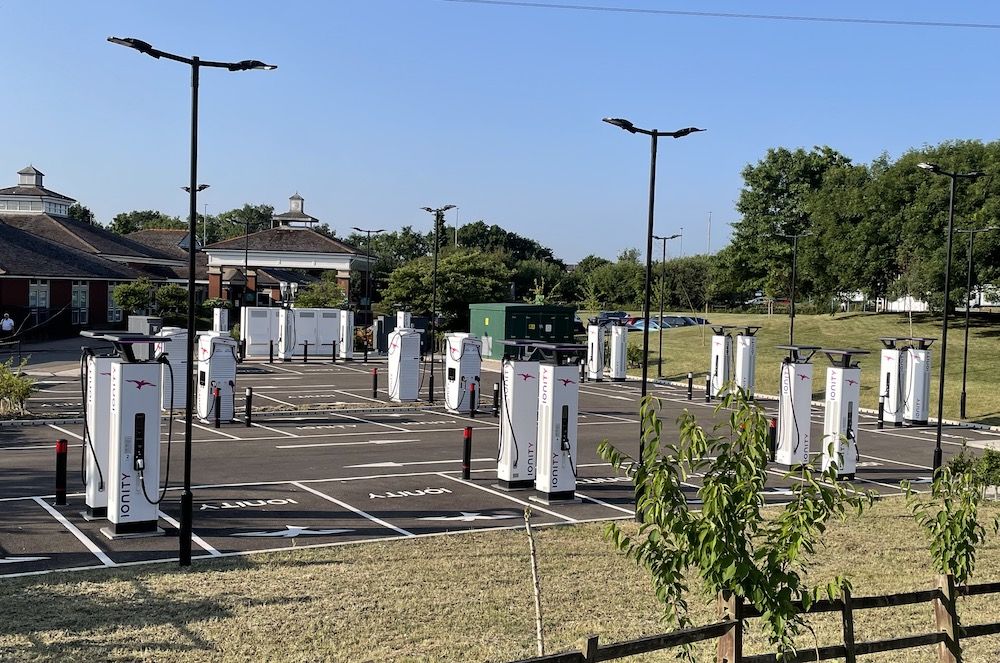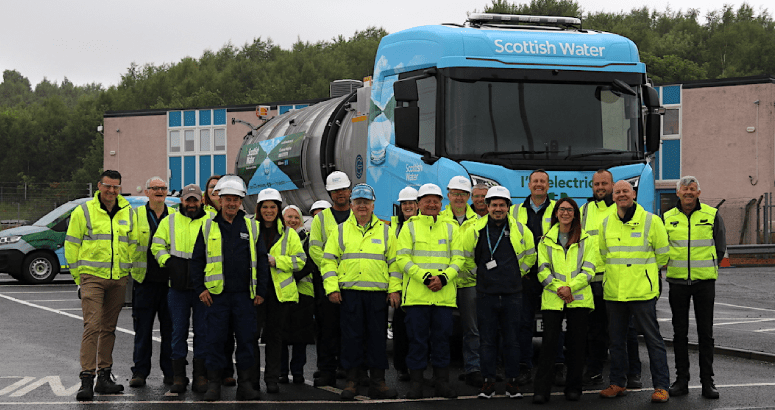Western Gateway and Peninsula Transport Sub-national Transport Bodies (STBs) have launched their Alternative Fuels for Road Freight Strategy for the South West of England.
The joint strategy examines the opportunities and challenges associated with the transition to alternative fuels for road freight and logistics vehicles in the South West region.
One critical element was freight, a vital part of the South West’s transport sector, and understanding the barriers that businesses face when it comes to switching to alternative fuel vehicles, and actions required to support them to net zero compliance.
The Alternative Fuels for Road Freight Strategy identifies how best to support and influence this uptake of alternative fuels such as hydrogen, gas and electric power. Factors currently limiting uptake include a lack of refuelling infrastructure, with 48% of the organisations surveyed reporting their fleet vehicle refuelling is currently carried out using public refuelling stations.
Businesses and stakeholders also expressed concern that they may make the wrong decisions, investing large sums of money in technology that may become obsolete and leaving them unconfident in progressing their decarbonisation plans.
The next step will include further investigations to identify the practicalities around delivering alternative fuels refuelling points, with a view to facilitating their delivery through working with operators, energy suppliers and local authorities, to ensure the development of a cohesive refuelling network.
Councillor Manda Rigby, Freight lead member for Western Gateway Sub-national Transport Body, said: “The South West contains some of the most rural areas in England, which adds a layer of complexity when it comes to planning and adopting alternative fuels. That is why it is so important that we have this regional strategy addressing the issues that are unique to our area and setting out how we will focus to clarify, support and deliver the changes to infrastructure that are needed so we can continue to support the sustainable and dynamic growth of our local businesses.”
Peninsula Transport Chairman, Councillor Andrea Davis, said: “Most of our freight is currently moved by road in the peninsula, so it is vital that we explore options to reduce road carbon emissions by moving away from fossil fuels to more sustainable means. The strategy is the first step to understanding how we can best help deliver a well-planned alternative fuels network for our freight and logistics sector. We are also working to shift freight to lower-carbon modes of transport, such as rail or coastal shipping, as well as embracing the role of technology to help decarbonise the sector.”














